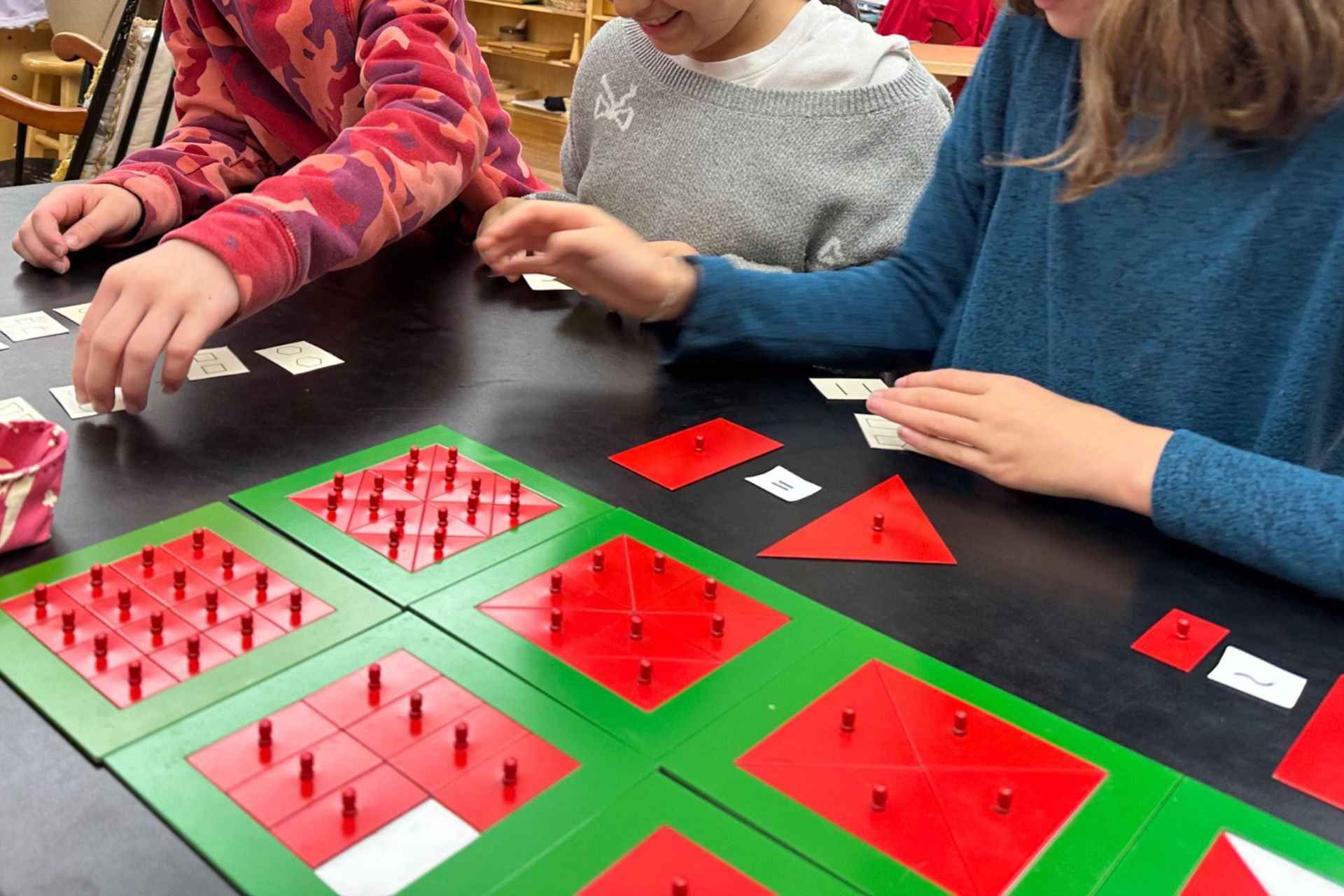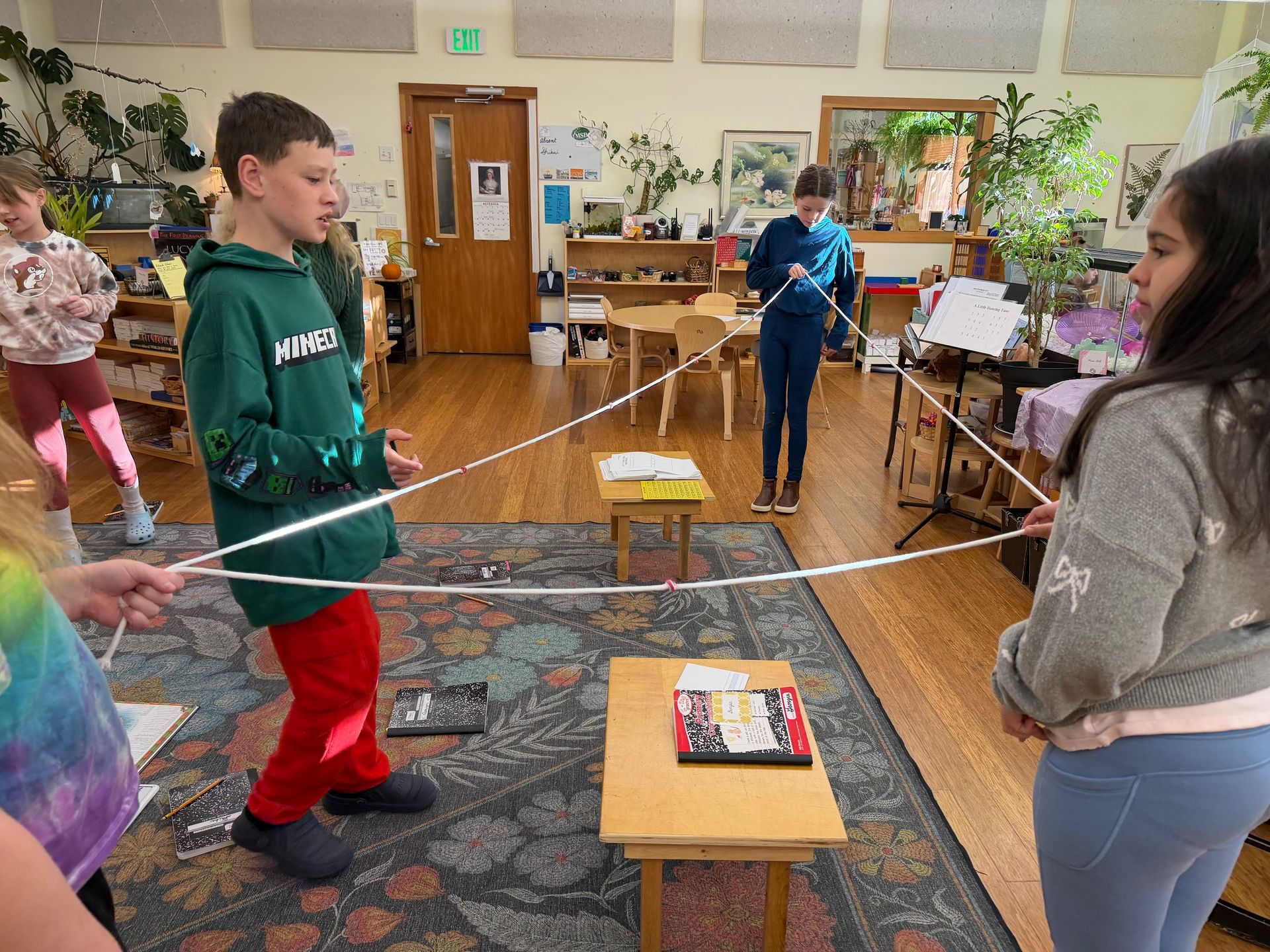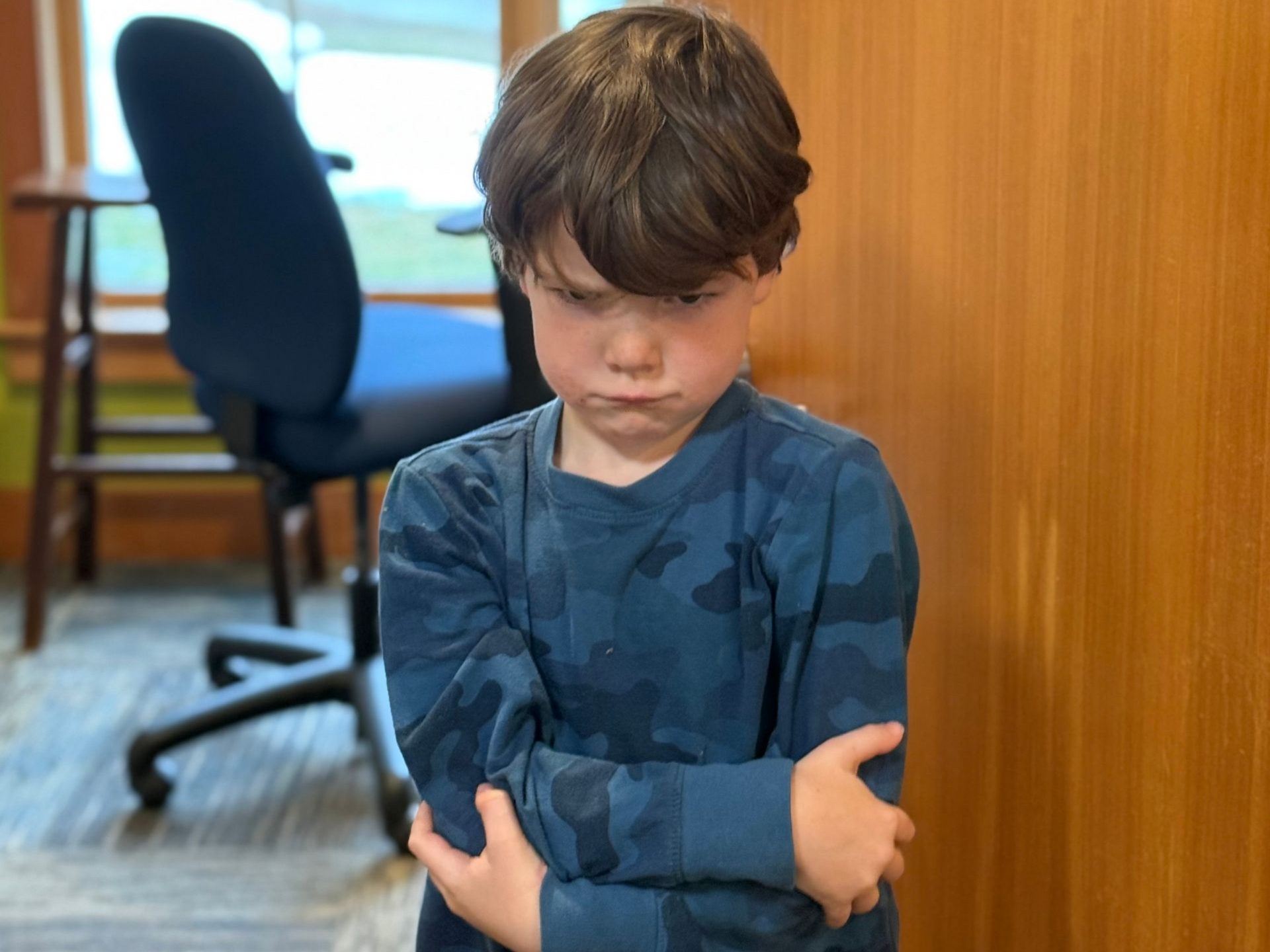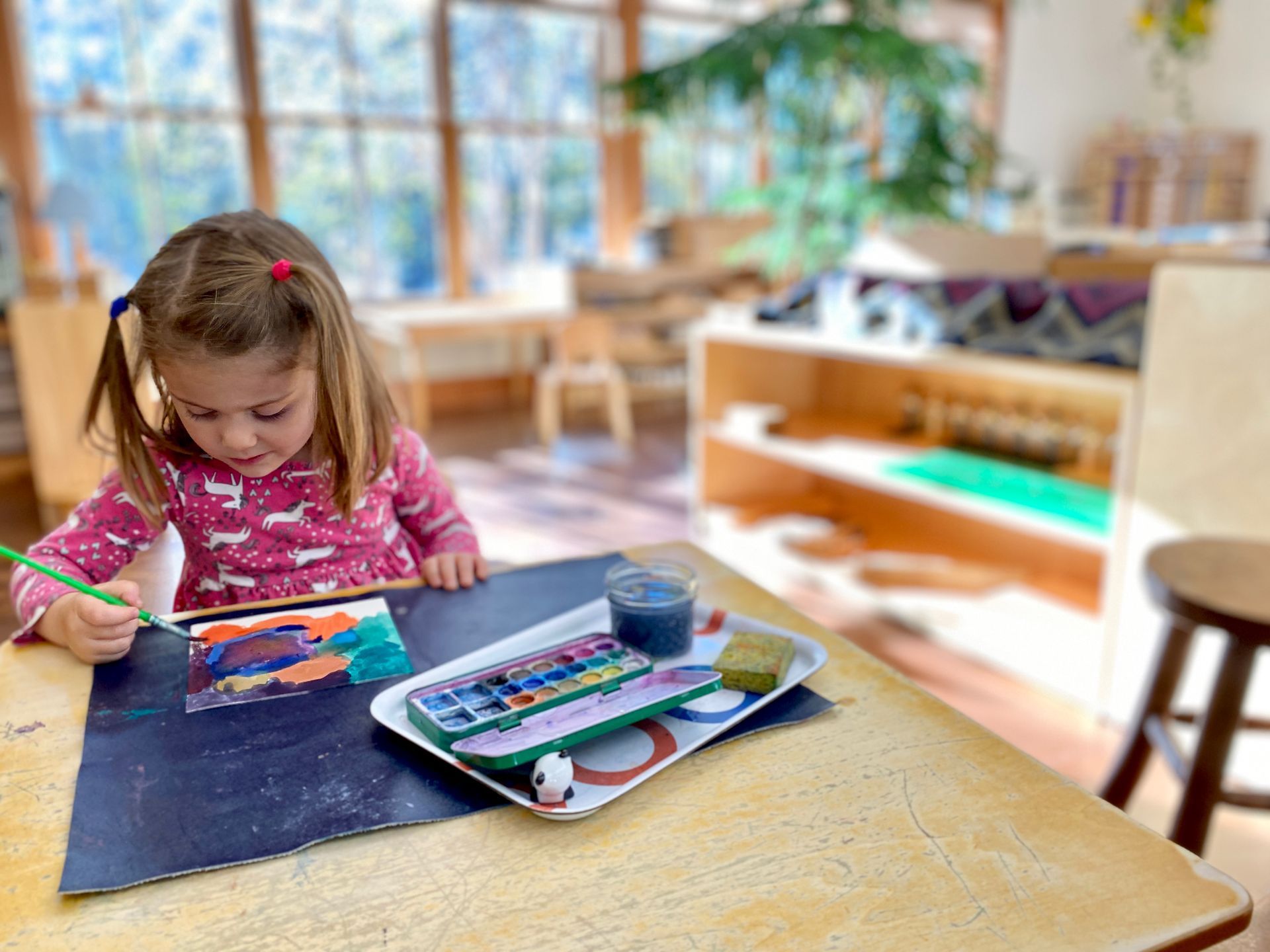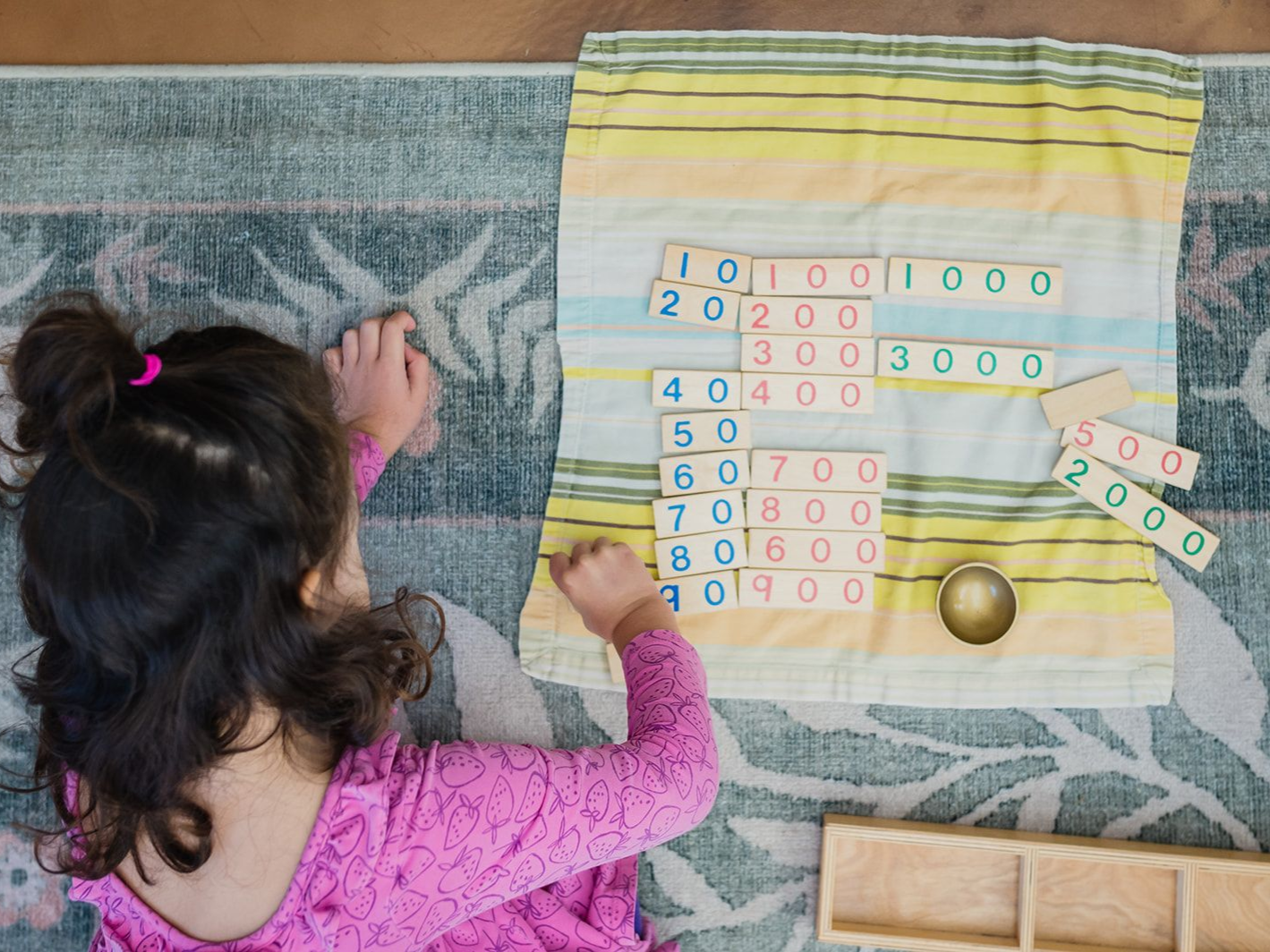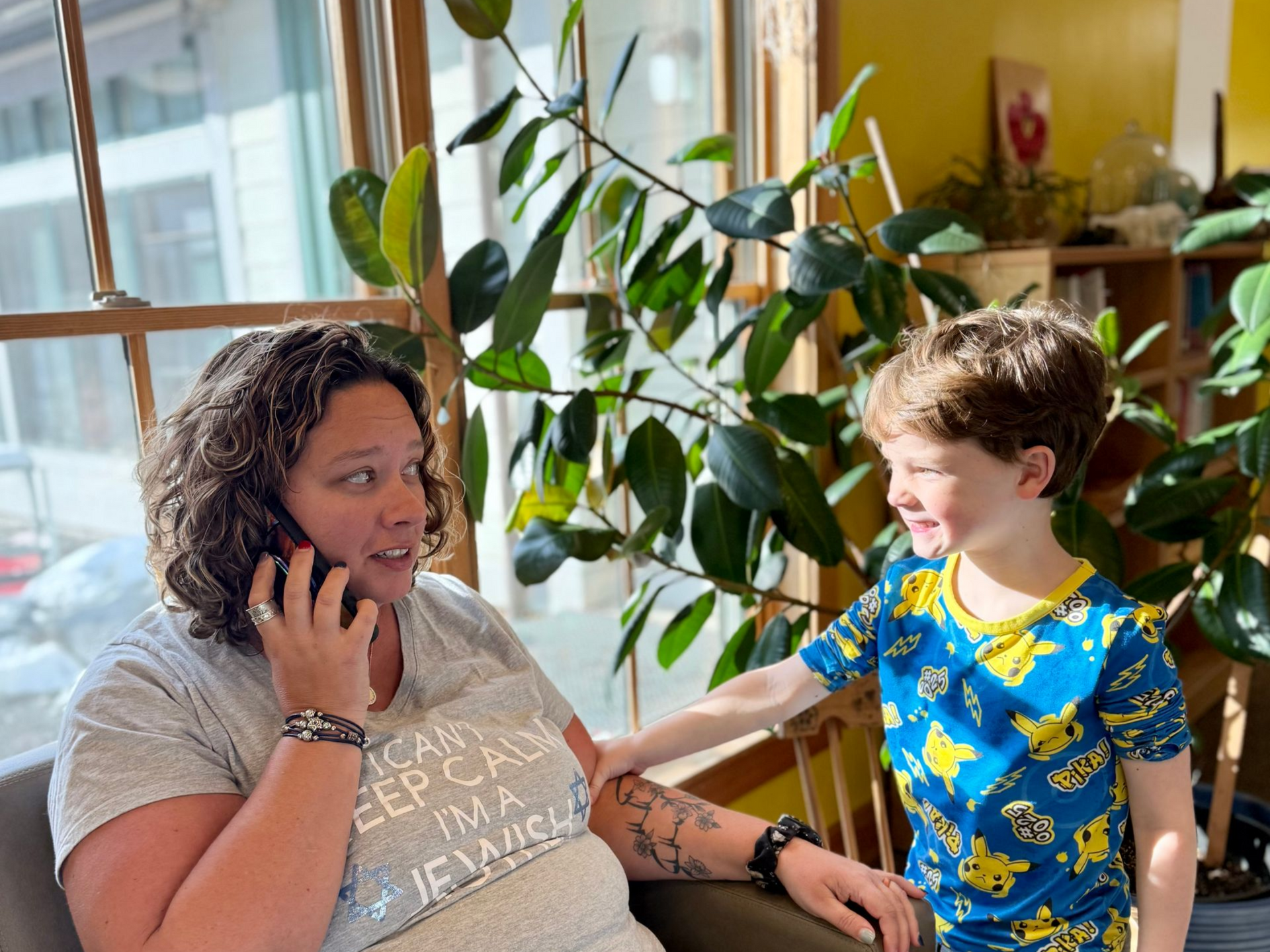150 Years: The Preparation of the Teacher
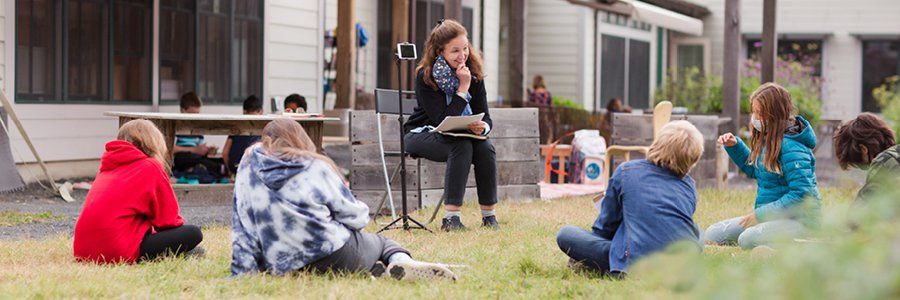
This article is part of a series that we will share throughout the 2020-2021 school year to celebrate the 150th birthday of Dr. Maria Montessori. Check back often for more posts that reflect on the past, present, and future of Montessori education.
There are so many ways in which Montessori education stands apart from other traditional methods. One of the most stark is the way in which our teachers (also known as guides) are prepared for their jobs. To get straight to the point, Montessori educators have the same credentials as their conventional education counterparts...and then some. In this article we highlight what Dr. Maria Montessori had envisioned, what teachers need to become certified today, and what it takes to become a modern Montessori educator.
What did Dr. Montessori have to say?
“An ordinary teacher cannot be transformed into a Montessori teacher, but must be created anew, having rid herself of pedagogical prejudices.” -Maria Montessori, Education for a New World
Montessori believed that the guides in her schools were so vastly different from those in other schools, that they must rid themselves of preconceived notions of education. This is a challenging task, for unless a teacher was a Montessori child themselves, we all hold onto ideas of what school and learning is supposed to be.
Taken at face value, it appears that Montessori is saying that a person who is already a teacher could not become a Montessori teacher. This is not the case. Many teachers enter education and quickly recognize that many schools operate in ways that do not fully serve the children in their care. It becomes obvious that long-held structures and practices were not created with child development in mind, nor do they encourage a love of learning. Sometimes these teachers go in search of alternative education models and are delighted to discover Montessori.
Regardless of one’s education history, a good Montessori teacher has to be able to be flexible in their thinking. They have to be able to confront their own bias. They must be willing to see education in an entirely new way.
"The vision of the teacher should be at once precise like that of the scientist, and spiritual like that of the saint. The preparation for science and the preparation for sanctity should form a new soul, for the attitude of the teacher should be at once positive, scientific and spiritual.
Positive and scientific, because she has an exact task to perform, and it is necessary that she should put herself into immediate relation with the truth by means of rigorous observation…
Spiritual, because it is to man that his powers of observation are to be applied, and because the characteristics of the creature who is to be his particular subject of observation are spiritual." -Maria Montessori, The Advanced Montessori Method
Montessori based her educational methods on her scientific observations, and she expected her teachers to do the same. Today, Montessori educators rely heavily on their ability to observe children and take careful notes. This information is then used to inform their work in the coming days, weeks, and months. We believe the best way to assess a child is by watching them, unobtrusively, while they are at work. This method gives a clear picture of abilities, strengths, and challenges, and provides an important glimpse into who each child is as a person.
Typical teacher training
Most teachers in today’s conventional education settings must obtain a bachelor’s degree in their particular field. Some areas require teachers to take a standardized examination before obtaining licensure. Some areas require teachers to obtain a master’s degree within a set amount of time (usually a matter of years), while others do not.
All teachers spend some time in a practicum, or student teaching, phase. This allows them to work in a classroom with children without the responsibility of being the head teacher. Many schools and programs provide mentor teachers to new hires, allowing some sort of built-in guidance.
Modern Montessori training programs
Montessori teachers hoping to complete a reputable training program must have already obtained a bachelor’s degree. Many Montessori training programs today are done concurrently with master’s programs, so the educator will complete the program with a degree and their Montessori certificate. The training programs themselves entail many hours of work, often spanning several years. This includes:
- Philosophical and subject area lectures
- Detailed training on the Montessori materials
- Extensive reading requirements
- Written papers
- Practical examinations
- Practicum experience
- Creation of the personal albums (collections of lessons on all subjects)
- Creation of handmade learning materials
While there are many ways to learn about Montessori education, most reputable certifications are affiliated with either the American Montessori Society, the Association Montessori Internationale, or the Montessori Accreditation Council for Teacher Education. While programs associated with these organizations do vary, there are many commonalities and both are highly regarded. To learn more about each, visit the websites for AMS teacher training, AMI teacher training, or MACTE.
You may be interested to learn that many successful Montessori educators begin their training after having been inspired as Montessori parents. It is hard to see such an amazing model firsthand, through your own child’s experience, and not feel some deep connection with this type of work.
If you’d like to learn more about how our teachers continue their education, or what our school does to support professional development, please reach out! We love to have conversations with families about the work we do here at the school - and beyond.




